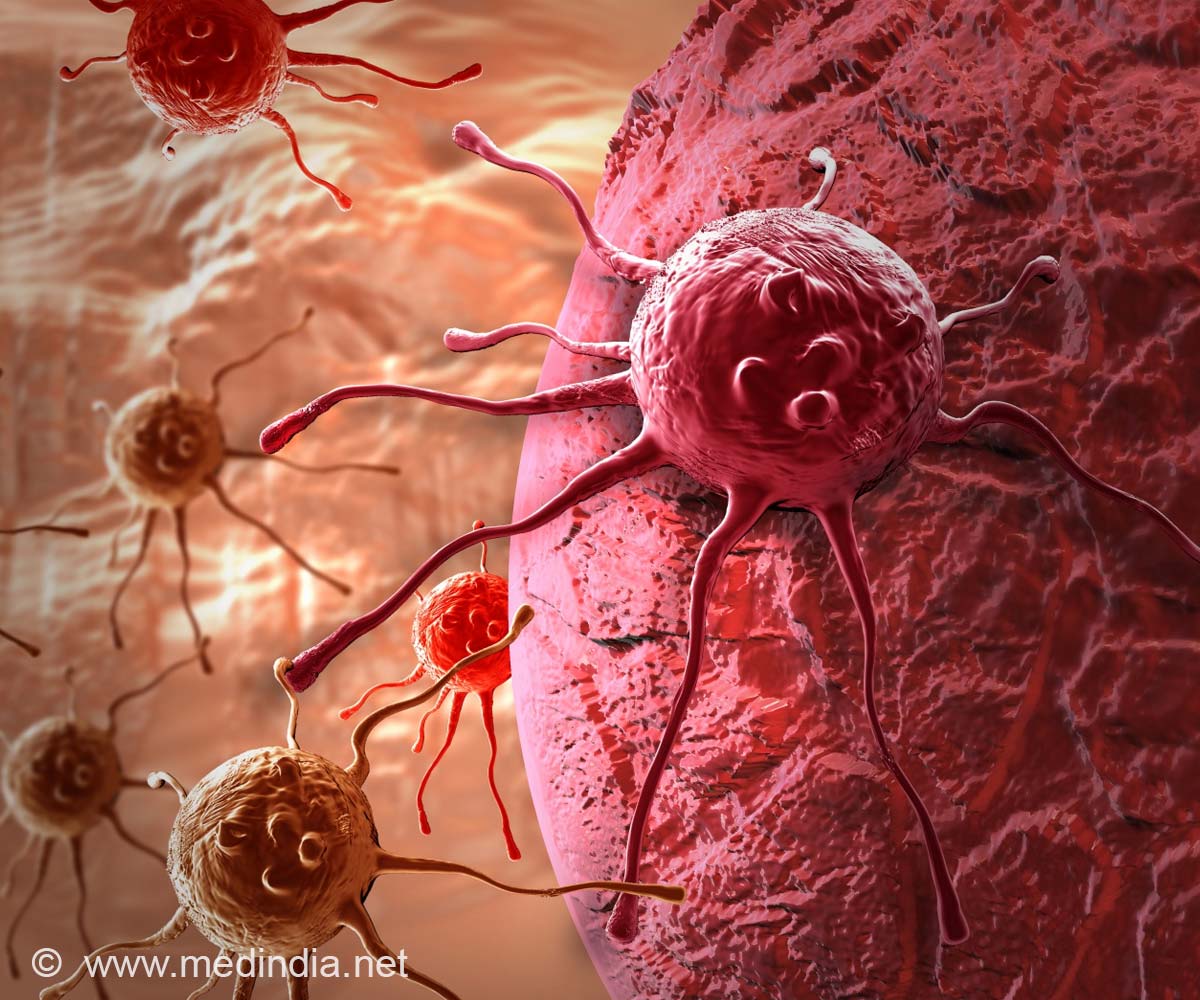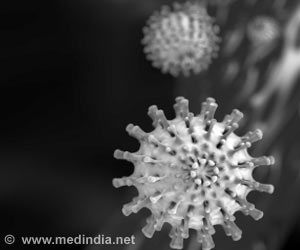Injecting liposomes armed with TRAIL (Tumor necrosis factor Related Apoptosis-Inducing Ligand) that attach to natural killer cells in the lymph nodes destroyed cancer cells.

‘In the lymph node, cancer cells play a key role in advancing metastasis throughout the body. But the "super natural killer cells" find the cancerous cells and cause the cells to self-destruct and disintegrate, preventing the lymphatic spread of cancer.’





For tumor cells, the lymph nodes are a staging area and play a key role in advancing metastasis throughout the body. In the study, the biomedical engineers killed the cancerous tumor cells within days, by injecting liposomes armed with TRAIL (Tumor necrosis factor Related Apoptosis-Inducing Ligand) that attach to "natural killer" cells -- a type of white blood cell -- residing in the lymph nodes.King says these natural killer cells became the "super natural killer cells" that find the cancerous cells and induce apoptosis, where the cancer cells self-destruct and disintegrate, preventing the lymphatic spread of cancer any further.
"In our research, we use nanoparticles - the liposomes we have created with TRAIL protein - and attach them to natural killer cells, to create what we call 'super natural killer cells' and then these completely eliminate lymph node metastases in mice," said King.
In cancer progression, there are four stages. At stage I, the tumor is small and has yet to progress to the lymph nodes. In stages II and III, the tumors have grown and likely will have spread to the lymph nodes. At the stage IV, the cancer has advanced from the lymph nodes to organs and other parts of the body.
Between 29 and 37 percent of patients with breast, colorectal and lung cancers are diagnosed with metastases in their tumor-draining lymph nodes - those lymph nodes that lie downstream from the tumor, and those patients are at a higher risk for distant-organ metastases and later-stage cancer diagnoses.
Advertisement
"So, now we have technology to eliminate bloodstream metastasis - our previous work - and also lymph node metastases," said King.
Advertisement
Source-Eurekalert















